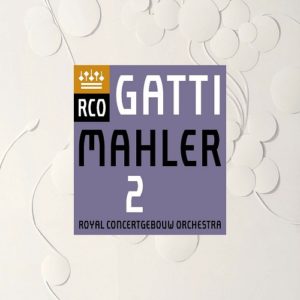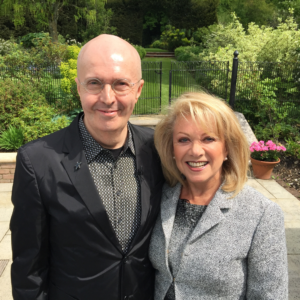Sunset Boulevard, London Coliseum
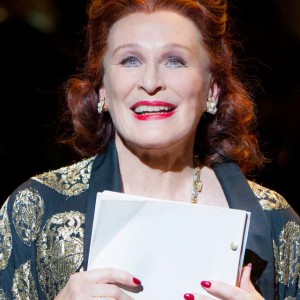 At a time in musical theatre when you never quite know what you are hearing when the band strikes up, seeing was believing that on the stage of the Coliseum there were strings aplenty, horns, bassoons, trumpets, a randy sax and much else that wasn’t for once “sampled”. And in Andrew Lloyd Webber’s lushest score, shot through as it is with the silk and sepia of Hollywood’s golden age, that was cause for celebration. There was at once a frisson of excitement as the “main title” bedded in, deep and sumptuous, and when Joe Gillis hit the road in evasion of his creditors and the grainy cover-all projections kicked in, that moment where the iconic name-plate of the celebrated Boulevard looms into view and the orchestra roar out a segment of the title song, the excitement was palpable. The ENO Orchestra was firmly part of the action in Lonny Price’s nifty staging, nestling among the steel walkways of James Noone’s set, and for once they were as much the star of the show as the lady everyone had come to see.
At a time in musical theatre when you never quite know what you are hearing when the band strikes up, seeing was believing that on the stage of the Coliseum there were strings aplenty, horns, bassoons, trumpets, a randy sax and much else that wasn’t for once “sampled”. And in Andrew Lloyd Webber’s lushest score, shot through as it is with the silk and sepia of Hollywood’s golden age, that was cause for celebration. There was at once a frisson of excitement as the “main title” bedded in, deep and sumptuous, and when Joe Gillis hit the road in evasion of his creditors and the grainy cover-all projections kicked in, that moment where the iconic name-plate of the celebrated Boulevard looms into view and the orchestra roar out a segment of the title song, the excitement was palpable. The ENO Orchestra was firmly part of the action in Lonny Price’s nifty staging, nestling among the steel walkways of James Noone’s set, and for once they were as much the star of the show as the lady everyone had come to see.
It’s been 20 years since I saw Glenn Close in the location of the movie and musical, the City of Angels, two days after the big Northridge earthquake while the earth was still moving in extraordinary ways – and she was sensational, a wonderful actress inhabiting the lonely world of a faded star albeit one fired by the possibility of new beginnings to old triumphs. Her performance at the Coliseum continues the journey bringing with it 20 years more life experience to intensify what was always there. The fierceness of this imperious figure is yet more unsettling, the descent into madness chronicled with a desperate streak of irony and humour, the wild eyes flashing, the red hair flaring, the ludicrous silent screen posturing growing ever more grotesque. Vocally the voice has frayed at the top and the awkward break in Norma’s music sits even less comfortably now – but the chesty roar of the big moments – “With One Look” properly show-stopping – carries huge conviction and, yes, bravery. And, of course, the words carry the music, not the other way around.
She has the perfect leading man in Michael Xavier who also sings text like he speaks it and whose tall, lean frame and ease on stage reminds us why the phrase “leading man” was created in the first place. Fred Johanson’s Max is perfect, too, a presence almost as “alien” and out-of-time as the lady herself.
But can I say a few more words about Lloyd Webber’s score, the way in which his manipulation of key motifs carries the emotional memory of the piece. The moment when Norma returns to the studio and the spotlight is turned back on her to the strains of “With One Look” is the most obvious example – but they abound, they are the fabric of the piece emotionally speaking. We still tend to take his great gift as a melodist too much for granted – and even in some quarters malign it. Why? He’s a throwback to a golden age of lyricism, now pretty much lost – he’s a latterday Lehar, Novello, Rodgers. Nobody writes like he does any more and for that he should be celebrated. I like to think that Love Never Dies (hugely underrated in my opinion) won’t be the last of those big romantic scores. But I fear it might.
You May Also Like
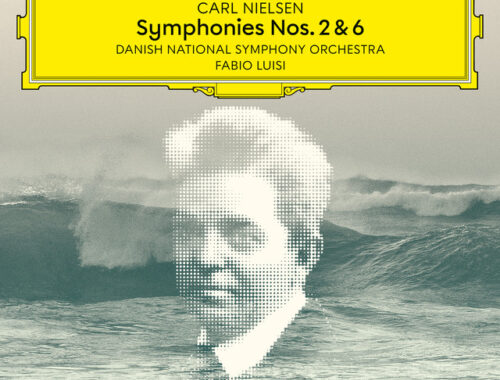
GRAMOPHONE Review: Nielsen Symphonies Nos. 2 & 6 – Danish National Symphony Orchestra/Luisi
24/03/2023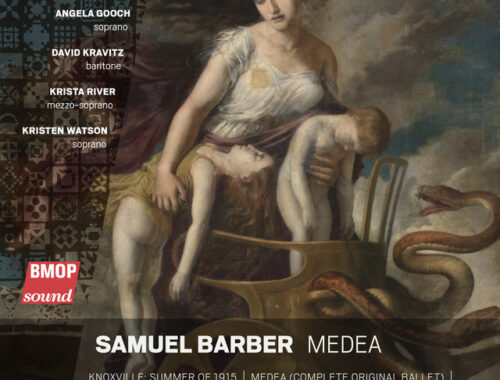
GRAMOPHONE Review: Barber A Hand of Bridge, Knoxville: Summer of 1915, Medea – Soloists, Boston Modern Orchestra Project/Rose
15/09/2021